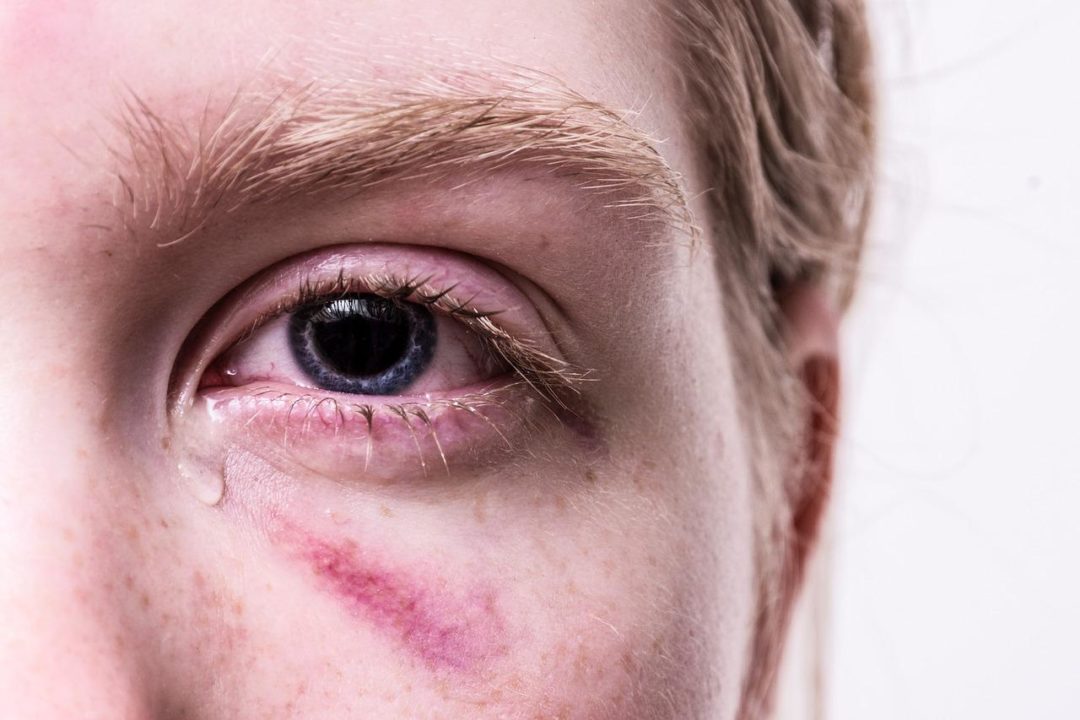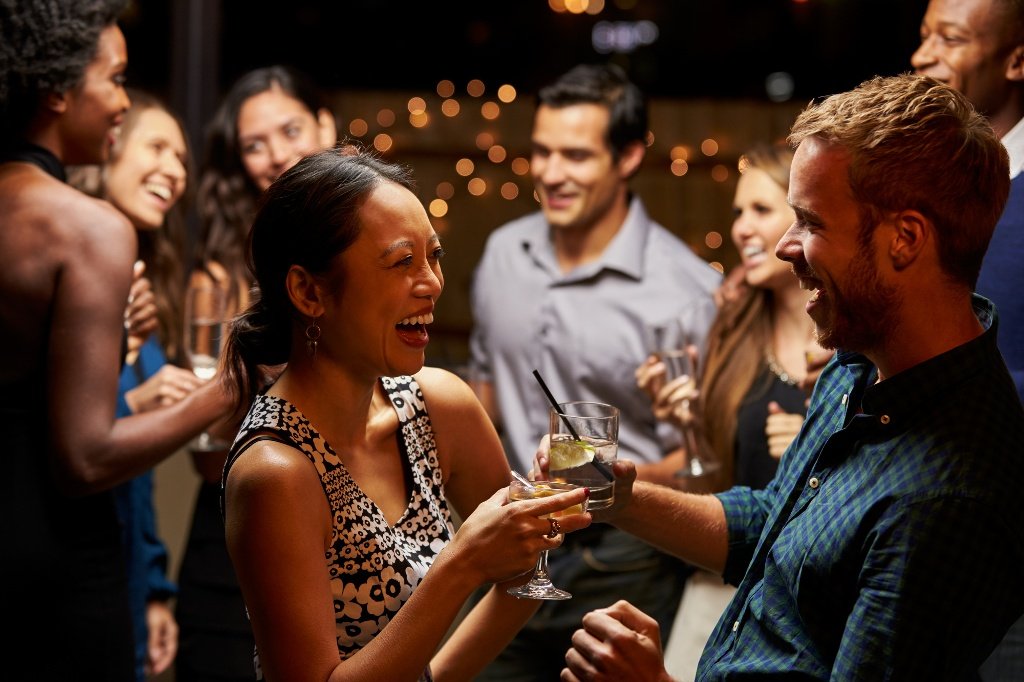Working as a trauma counsellor is both challenging and rewarding as you help people overcome the horrors of what have certainly been the worst experiences of their lives. Trauma knows no age bracket, with people experiencing it in its extreme form at any and all times of life. The mix of sufferers seeking help makes the task even more difficult for counsellors.
If this type of counselling has become your chosen career path, then it’s important that you explore all avenues that you can to make yourself the best trauma counsellor that you can be. For those who are not entirely sure how to proceed, we’ve prepared a few suggestions below.
Attend Professional Development Workshops
Medical practitioners of all types know better than anyone that being a doctor, nurse, counsellor, allied health worker or other professional is a constant journey of learning and development. No trauma counsellor, regardless of their numbers of years in the field, can say that they know it all. Therefore, to be a better counsellor, we suggest that you attend professional trauma workshops in Sydney, Melbourne, Perth or wherever you are based.
By attending these workshops, you are acknowledging that you have much you can still learn, and will always be up to date on the best practices, most current theories and treatment ideas, and much more. Ultimately it will equip you with much more to offer your patients.
Run an Organised Practice
Wherever you operate, you should be sure to run a well-organised, orderly and professional space. For trauma victims to pluck up the courage and strength to even visit an outside location to talk about their problems is hard enough. Arriving and finding a chaotic office, unprofessional front-desk staff, and perhaps a disorderly consultation room won’t do much for their confidence in you to help them.
Your workplace needs to be a calm, clear and well-run space. Such a location will help put your patients at ease when they arrive, as will professional, discrete members of staff who help you run the waiting room and/or front desk.

Practice Both Listening and Patience
It’s known well enough that counsellors have to be good listeners and patient in order to do their jobs well. However, counsellors that set themselves apart know that their listening skills and their capacity for patience can be continuously improved, expanded and strengthened throughout their careers. Much like the professional development we mentioned earlier, there also needs to be a strong degree of emotional maturing and development that goes on.
Helping trauma patients is hard because even if as a counsellor you have experienced some form of trauma yourself, what you’ve been through will never be exactly the same as someone else, so your ability to listen, absorb and patiently empathise with your patients is absolutely critical. Trauma patients may have gone years feeling they are being silenced or otherwise coerced into suppressing their feelings on what happened to them. It can create some potentially sensitive, if not explosive situations that only the most patient hands can help heal.
Learn to Reserve Judgement
Finally, even the most experienced counsellors know that you can’t make accurate judgement calls and offer meaningful advice on a case that you haven’t heard everything about just yet. This is once again where listening and patience come into it, because it might take some time for a patient to fully open up about the full extent of their traumatic experience.
A key element of that patience is also being able to hold back your judgement on what’s best for the patient until you can be sure that you’ve fully understood and got to the bottom of everything happening. Your ability to pause and listen first will be richly rewarded later on.




